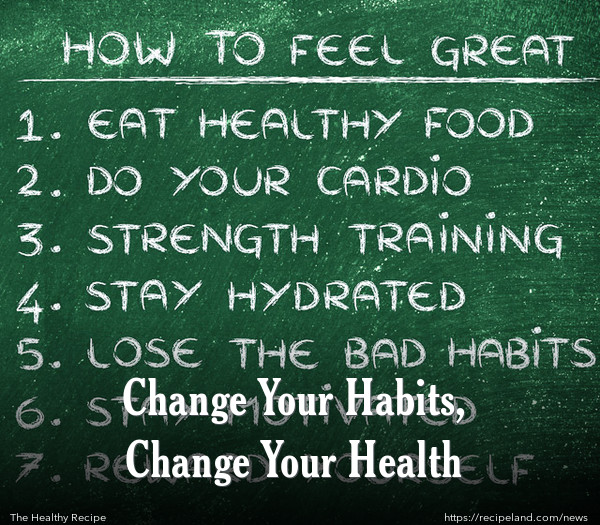The way you eat and how much you exercise has a greater impact on your health than your genetic background. Even if you are not genetically predisposed for a certain disease, your bad habits could be putting you at risk. The opposite is true as well. If you are genetically predisposed to developing a particular disease, practicing healthy habits could keep it at bay!
The Annals of Internal Medicine article entitled Behavioural Counselling Research and Evidence-Based Practice Recommendations: U.S. Preventive Services Task Force Perspectives examined data from previous evidence reviews to answer two main questions: If a doctor confronts you about your unhealthy habits, will you change your behaviour, and will the changes you make actually improve your health? In other words, how can your doctor help you make positive changes to your habits that will last a lifetime and make your a healthier person overall?
Many doctors feel frustrated when they see patients consistently making poor health choices. Apart from informing patients’ that their behaviour is damaging their health, what else can a doctor do? Doctors are searching for ways to motivate patients to make healthier choices for a lifetime. Two possible ideas for inspiring patients to drop their unhealthy habits are emerging: prove that making a change will actually work and train doctors to be health coaches.
A recent research published in The Journal of the American Medical Association reports that tracking the websites and data that patients are searching for on the web could help doctors be aware of social trends and health issues that the greater population is facing.
Armed with this data, doctors can come prepared to patient appointments with conclusive evidence. This evidence would be used to convince patients that if they make the lifestyle changes that the doctor is recommending, their health will actually be improved.
Patients would leave the appointment confident that it is worth the effort to replace their bad habits with healthy ones. Simply discussing positive behavioural changes with your doctor makes you 35-55% more likely to adopt those changes, when compared to your doctor just handling you a pamphlet about the same unhealthy habits.
Of course, the best way for a doctor to prove to his patients that healthy habits are important is to practice them in their own lives. Doctors who actually do what they are recommending establish a base of trust with their patients. When doctors share their struggles and ultimate success, patients are motivated to make changes that will end in similar results. It is difficult to take advice about weight loss from a doctor who is clearly overweight. Patients are left thinking, if this is such a good idea, why aren’t you doing it too?
The current trend for physicians and healthcare providers who want to make an impact on the health of their patients is to intervene. They are beginning to confront their unhealthy patients with the facts about their bad choices and finding ways to encourage them to make better ones.
Armed with the knowledge that behaviour is more important to their patients’ health than their genetic predispositions, doctors and healthcare professionals are urging patients to make easy changes, before it is too late.










Comments